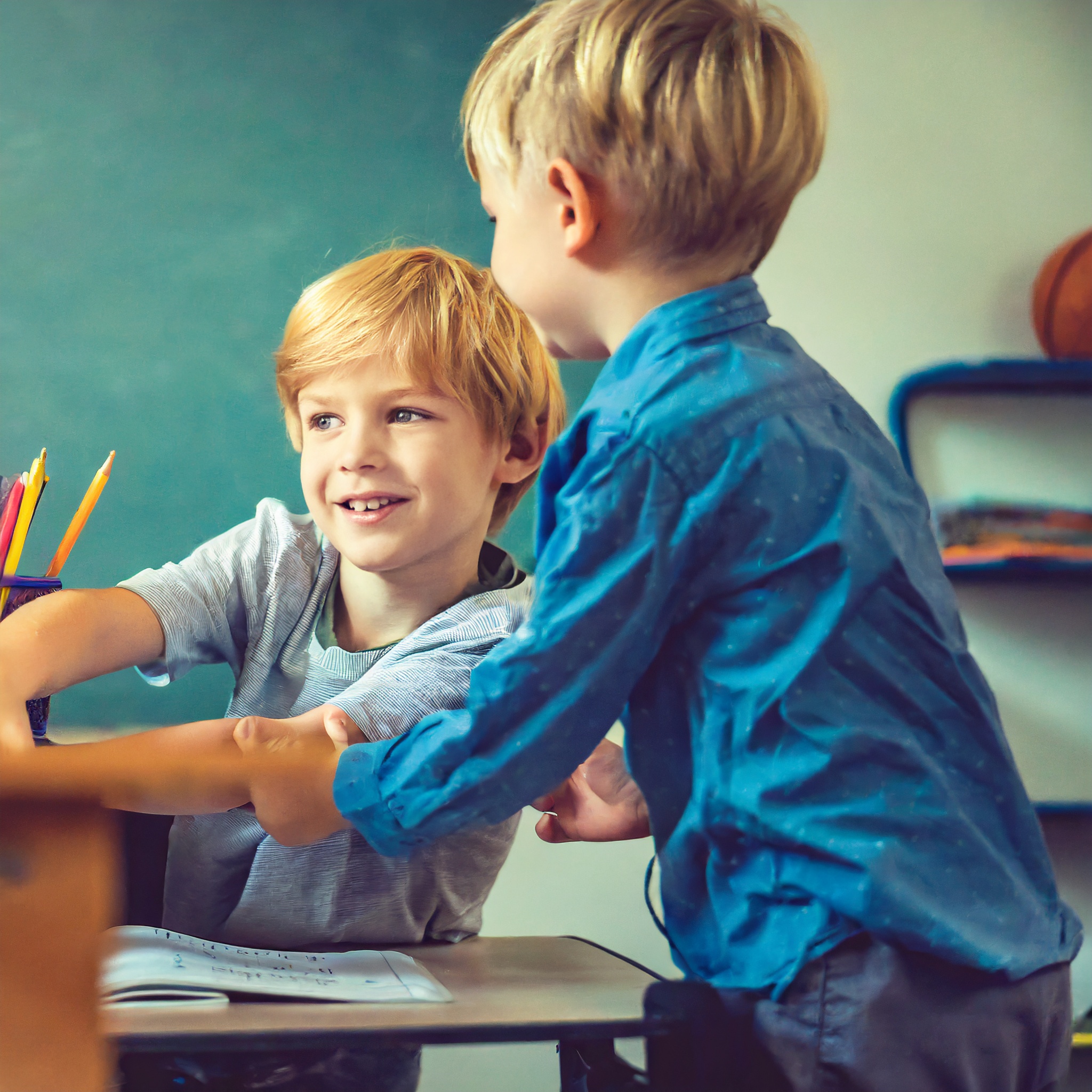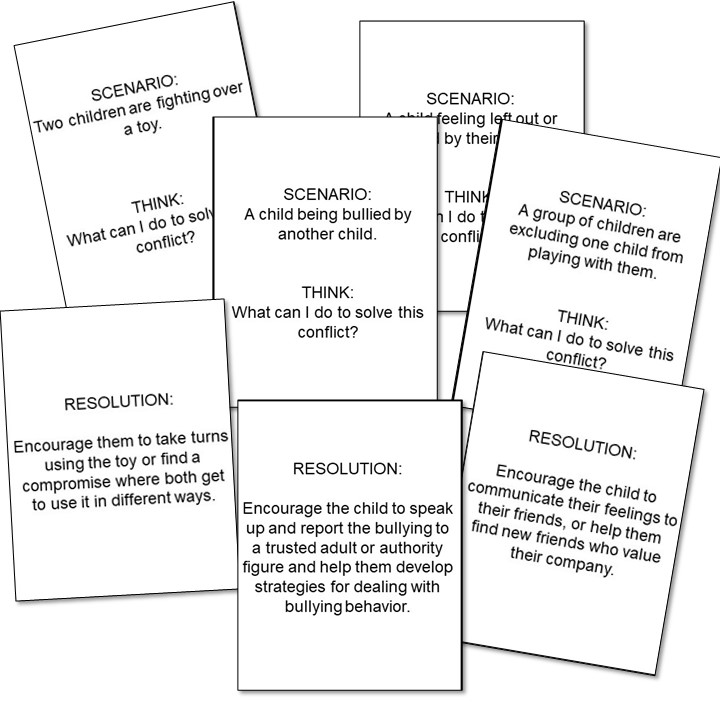Special education teachers play a vital role in creating opportunities for peer interactions and social skills practice for students with diverse needs. Research-based strategies to facilitate these interactions include Social Narratives, Peer tutoring, social skills training/group, circle times/morning meetings, and pivotal response training. Let's dive into each of these.
- Social Narratives: Social narratives are short stories that describe social situations and appropriate behaviors. These stories can help students with special needs understand and navigate social interactions. Research supports the effectiveness of social narratives in improving social skills.
- Peer Tutoring: Pairing students with disabilities with peer tutors can enhance social interactions and academic progress. Research has shown that peer tutoring can increase engagement, improve social relationships, and improve learning outcomes.
- Social Skills Training Programs: Evidence-based social skills training programs, such as the Social Skills Improvement System (SSIS), effectively improve the social competence of students with disabilities.
- Social Skills Groups: Organizing small social skills groups with peers can provide a safe space for students with disabilities to practice social skills under the guidance of a special education teacher or counselor.
- Circle Time or Morning Meetings: Regular circle time or morning meetings offer opportunities for students to share experiences, discuss topics, and build social connections. These routines are effective in promoting social and emotional development.
- Pivotal Response Training (PRT): PRT focuses on pivotal areas of development, such as motivation and responsiveness to social cues. Research has shown that PRT can enhance communication and social engagement in children with autism.
Another way to get students engaged is through structured recess and play Opportunities. Designate structured play periods during recess or lunchtime can provide students with disabilities with a safe and supportive environment to practice social skills and engage in peer interactions.
Special education teachers should select and implement these strategies based on the specific needs and abilities of their students. Regular assessment and collaboration with other professionals, such as speech and occupational therapists, can help tailor interventions to individual students' needs.
Here's a freebie to help students build social skills: Conflict resolution flashcards. There are 12 scenarios and 12 resolutions. It works great as a matching game or print double-sided as a flashcard where you read the conflict and the students suggest resolutions! Send me your email and you'll get access to this 7-page PDF.





0 comments